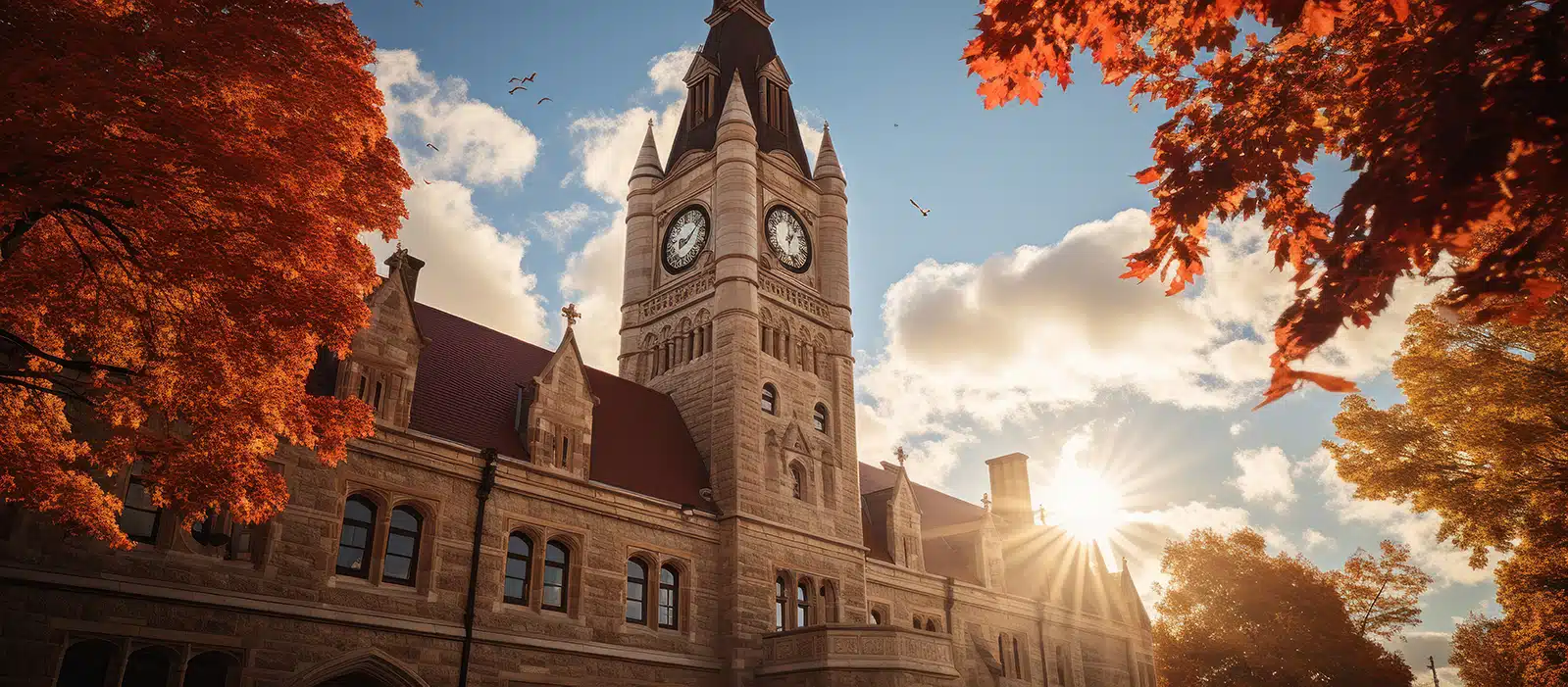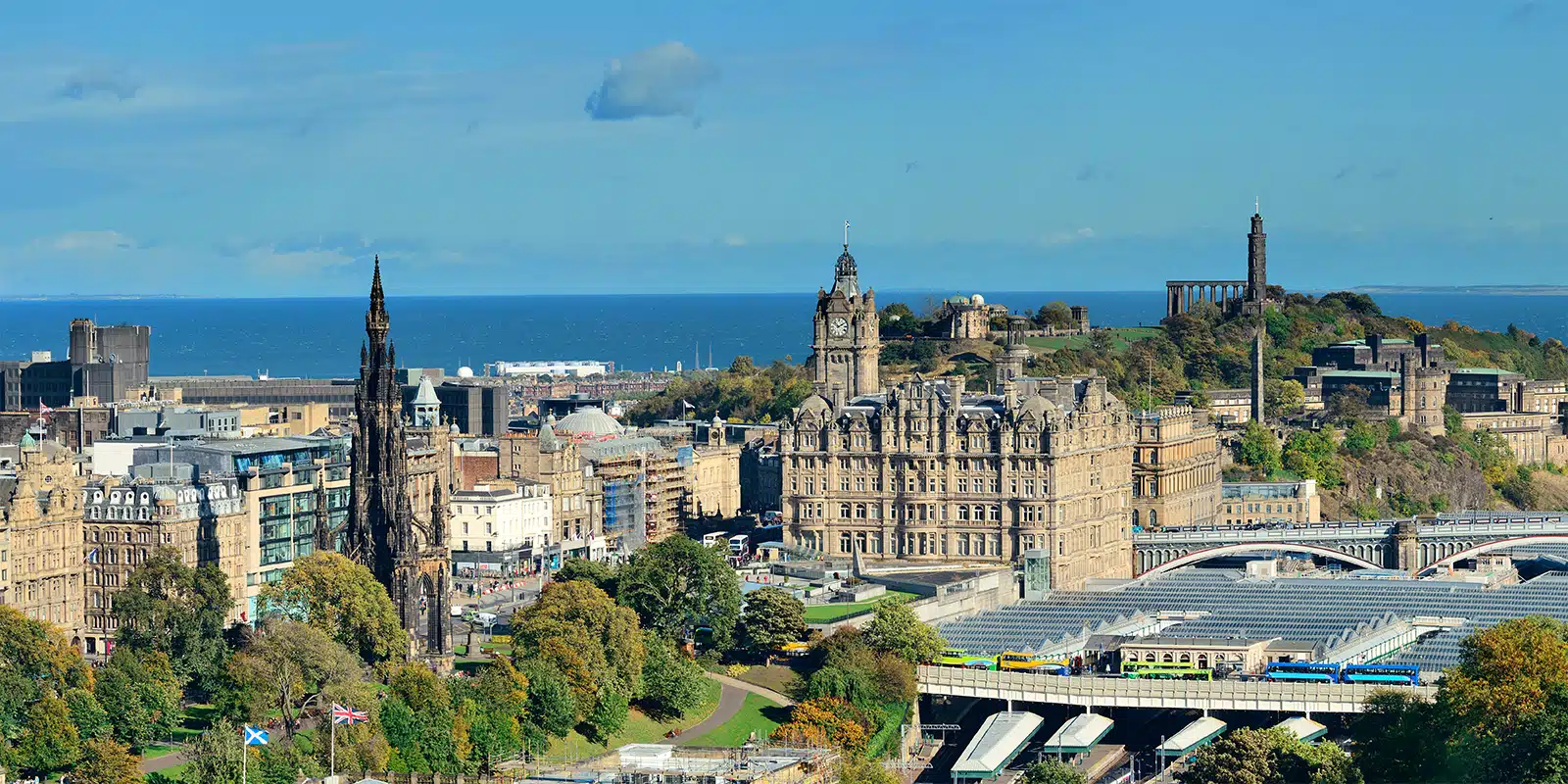When it comes to world-class education, cutting-edge research, and vibrant campus life, the best universities in Canada stand among the top choices for international students. With globally recognized degrees, affordable tuition compared to other Western countries, and excellent immigration pathways, Canada offers more than just academic excellence—it offers a life-changing experience.
In this guide, we’ll walk you through everything you need to know: from choosing the best universities in Canada to understanding tuition fees, faculty strengths, scholarships, and the visa application process.
Why Choose the Best Universities in Canada?
-
Globally ranked institutions like the University of Toronto, McGill University, and the University of British Columbia.
-
Affordable education compared to the USA or UK.
-
Post-Graduation Work Permit (PGWP) and permanent residency (PR) opportunities.
-
A safe, multicultural, and welcoming environment.
Top 5 Best Universities in Canada (2025)
| University | Global Rank | Location | Specialties |
|---|---|---|---|
| University of Toronto | #21 | Toronto, ON | Engineering, Business, Medicine |
| McGill University | #30 | Montreal, QC | Health Sciences, Arts, Law |
| University of British Columbia (UBC) | #34 | Vancouver, BC | Computer Science, Forestry, Sciences |
| University of Alberta | #111 | Edmonton, AB | Energy, Engineering, Agriculture |
| University of Waterloo | #112 | Waterloo, ON | Technology, Engineering, Co-op Programs |
Tuition Fees (Undergraduate & Graduate)
Tuition fees vary depending on program and university:
| Program Type | Avg. Annual Tuition (CAD) |
|---|---|
| Arts & Humanities | $15,000 – $28,000 |
| Engineering & Technology | $25,000 – $45,000 |
| Business & Management | $22,000 – $40,000 |
| Health & Medicine | $30,000 – $55,000 |
| Master’s Programs | $18,000 – $42,000 |
Note: Public universities charge lower fees for domestic students, but international students can access financial aid and scholarships.
Faculty & Academic Excellence
Canadian universities are known for world-renowned faculty members, many of whom are industry leaders and global researchers. Programs emphasize research-based learning, co-op placements, and real-world skills—especially in science, technology, and healthcare.
Scholarships at the Best Universities in Canada
International students can apply for fully-funded or partial scholarships based on academic merit, financial need, or extracurricular achievements.
Top Scholarships:
-
Lester B. Pearson International Scholarship – University of Toronto
-
UBC International Leader of Tomorrow Award
-
McGill Entrance Scholarships
-
University of Alberta International Admission Scholarship
-
Canada Graduate Scholarships (Master’s level)
💡 Tip: Apply early and prepare a strong Statement of Purpose (SOP) to increase your chances!
Student Visa Process for Canada
To study at the best universities in Canada, you must apply for a Canadian Study Permit.
Key Requirements:
-
Letter of Acceptance from a Designated Learning Institution (DLI)
-
Proof of Funds to cover tuition and living expenses
-
Valid Passport & Recent Photographs
-
Medical Exam (if required)
-
IELTS or PTE Score (minimum IELTS 6.0–6.5)
-
Ties to Home Country and intent to return
Processing time: 4 to 8 weeks (varies by country)
Living Costs in Canada (Monthly Averages)
| Expense | Cost (CAD) |
|---|---|
| Rent (Shared) | $600 – $1,200 |
| Food | $300 – $500 |
| Transport | $100 – $150 |
| Internet/Utilities | $100 |
| Miscellaneous | $150 |
Final Thoughts: Is Studying in Canada Worth It?
Absolutely! The best universities in Canada offer not only quality education but also career opportunities, multicultural exposure, and a pathway to permanent residency. Whether you’re aiming for engineering at Waterloo or medicine at McGill, Canada is ready to welcome you.
Frequently Asked Questions (FAQ)
1. Which are the best universities in Canada for Bangladeshi students?
Top choices include the University of Toronto, McGill University, University of British Columbia (UBC), University of Waterloo, and University of Alberta, all known for academic excellence and global rankings.
2. What is the average tuition fee to study in Canada?
For international students, annual tuition ranges from CAD 15,000 to CAD 45,000, depending on the program and institution. Engineering and health-related programs are typically higher.
3. Are there scholarships available for international students in Canada?
Yes! Many top universities offer scholarships like:
-
Lester B. Pearson Scholarship (U of T)
-
UBC International Leader of Tomorrow
-
McGill Entrance Scholarships
These can be partially or fully funded.
4. What are the language requirements to study in Canada?
Most universities require an IELTS score of 6.0–6.5, or equivalent in TOEFL, PTE Academic, or Duolingo English Test.
5. How do I apply for a Canadian student visa?
You need:
-
A Letter of Acceptance from a DLI
-
Proof of funds
-
Valid passport and photographs
-
English test scores
-
Optional: Medical exam and police clearance
Apply online via the IRCC website.
6. Can I work while studying in Canada?
Yes. With a valid study permit, international students can work up to 20 hours per week during semesters and full-time during breaks.
7. Is a post-graduation work permit (PGWP) available after studying?
Yes! Most students graduating from eligible programs at DLIs can apply for a PGWP, valid for up to 3 years, which can lead to permanent residency.
8. Which university in Canada has the highest global ranking?
As of 2025, the University of Toronto is the highest-ranked university in Canada globally, consistently ranked in the top 25 worldwide.
Ready to Start Your Journey?
Let Scholars Zone help you choose the right university, secure scholarships, and prepare your visa file—with no extra service charge for select countries! Contact us today









